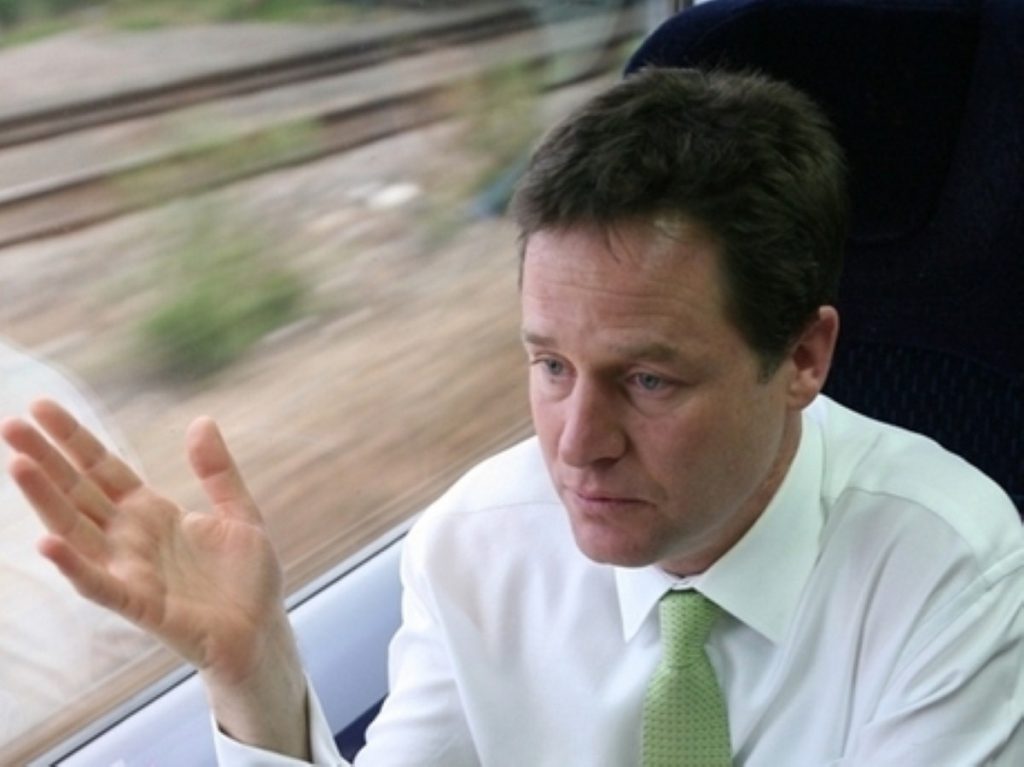Clegg breaks ranks with call for drug law reform
Nick Clegg has gone further than ever before in calling for a liberalisation of Britain's drug laws, saying that "if you are anti-drugs you should be pro-reform".
The deputy prime minister demanded that Britain abandon its current drugs policy during a visit to Colombia, where he met former guerrilla fighters and victims of the conflict in the country.
"I believe we owe it to both our young people at home and countries abroad – like Colombia – who have been blighted by this unwinnable war, to look at different approaches that could cut the levels of violence, addiction and criminal profit," he said.
"We should be led by the evidence of what works, not guesswork.


"Being here today has hammered home to me that drugs are a global problem which create victims all around the world.
"The war on drugs is not a war we are winning and I am firmly of the view that it is time to do something different."
Clegg made the comments following a bilateral meeting with president Juan Manuel Santos of Colombia, who has been highly vocal about his desire to see international reform of drug laws.
The president sponsored the influential report produced by the Organisation of America States in 2013, which set out alternatives to the war on drugs.
Clegg previously backed calls by the home affairs committee for a royal commission on UK drug laws, but the idea was shot down by the prime minister.
David Cameron and home secretary Theresa May have cited falling rates of illicit drug use as proof the current government strategy is working.
Instead, Clegg sent Lib Dem Home Office minister Norman Baker on a global fact-finding mission to assess the various experiments with drug law being conducted across the world, including in several US states, Uruguay and Portugal.
Baker's report will end in a party review which is likely to feed into its manifesto for the general election.
"President Santos has shown great leadership in sponsoring the influential report produced by the Organisation of America States in 2013. We need more research of this kind which approaches the problem without pre-conceptions," Clegg said.
"That is why the OAS study is so significant and why back home Norman Baker is conducting our own study of international alternatives."
The deputy prime minister proposed that European countries work together to come up with a common position on drug legislation ahead of a UN special session on drug law reform in 2016.
Clegg's trip also saw him visit a Colombian Reintegration Agency (ACR) centre – a shop run by the Colombian government for ex-guerrilla fighters who are going through a seven-year reintegration process to help them back into mainstream Colombian society.
As well as being involved in paramilitary conflict, guerrilla groups are often heavily involved in the manufacture and trade of illegal drugs.









